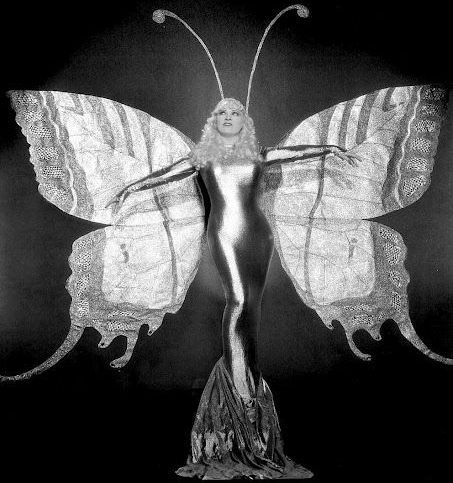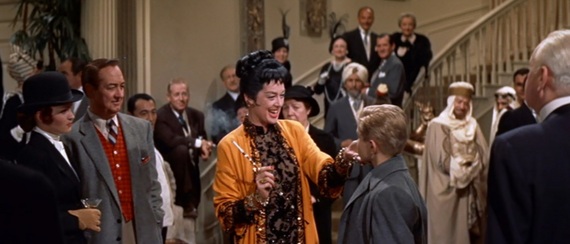Audrey Hepburn in Breakfast at Tiffany's
Are social butterflies born or bred? Are parties a mere frivolity or do they serve a vital human need? To find out, we turned to Professor Mark Leary, one of the world's foremost social and personality psychologists. The Professor of Psychology and Neuroscience at Duke University and head of the University's Social Psychology program, Dr. Leary has authored 12 books, written more than 200 scholarly chapters and articles and been designated among the top 40 social and personality psychologists in the world with the greatest impact.
Tell us, Professor, is our desire to socialize innate or learned?
Most of the human drive for social contact, acceptance, and belonging is almost certainly innate. Throughout evolutionary history, people could survive only by living in - and being accepted by - supportive social groups. A person who had no desire for social contact and tried to live alone on the African savannah armed only with a sharp rock would have been eaten by predators or died from an injury. However, people who not only hung out with the clan but also forged strong relationships with its members survived and reproduced at a higher rate. As a result, we are the descendants of the most gregarious people who ever lived--those who had a high need for social acceptance and belonging and worked hard to fit in.
Mae West
Does that mean we're all social butterflies at heart?
People's sociability is affected by both genetic and environmental factors. About 50 percent of the variability that we see in how extraverted or introverted people are is due to their genes. That leaves some room for the effects of experience and learning. Parents and other adults provide role models for how social one should be; the kid whose parents are social butterflies will probably become more social than the kid whose parents mostly stay at home, for example. Parents also directly teach their children that social interactions and connections are or are not highly important, and some parents spend more time than others teaching their children the social skills needed to feel comfortable navigating social gatherings.
What role do social gatherings play in current society?
In a society such as ours - where friends and family often live some distance from each other, most families are small, people telecommute, and we no longer have as many community organizations and church memberships as before - people may rely on non-instrumental parties and other social gatherings for their social contacts more often than they once did.
Rosalind Russell in Auntie Mame
So parties aren't a mere frivolity then? Are you saying we need them more than ever?
Social contact is exceptionally important and social gatherings are certainly psychologically important to people. In a fragmented society, they are important in providing venues for the development of relationships that people may have trouble developing as they live their individual lives. Of course, some gatherings have an explicit or implicit purpose--to celebrate a birthday, to raise money for charity, to welcome someone to the neighborhood, and so on, but they're mostly an "excuse" to interact, again reflecting the psychological importance of being with other people.
What role does technology play in all this? Is it making us a more or less social society?
Both. Although we may interact face-to-face a bit less than we did before email, texting, and Facebook, we may actually spend more time interacting in one way or another than we did 20 years ago. It's as if technology has helped us compensate somewhat for the social distances that modern society created. I suspect that most people feel more socially connected to family and friends now than they did before the invention of email and texting. People need social support, companionship, information, assistance, security, and so on, and often the only way that we can attain these things is by interacting with other people.
Professor Mark Leary of Duke University



